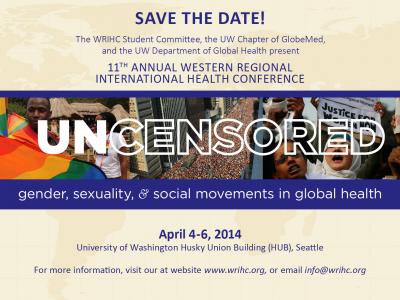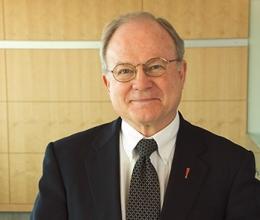Andy Stergachis, Dir. of UW Global Medicine Program, Honored with Washington State Pharmacist of the Year
The Washington State Pharmacy Association (WSPA) announced its 2013 awards winners, who underscore WSPA’s commitment to the quality of care. The winners were acknowledged at the Awards of Distinction luncheon, November 9, 2013 at the Great Wolf Lodge in Grand Mound, Washington.

